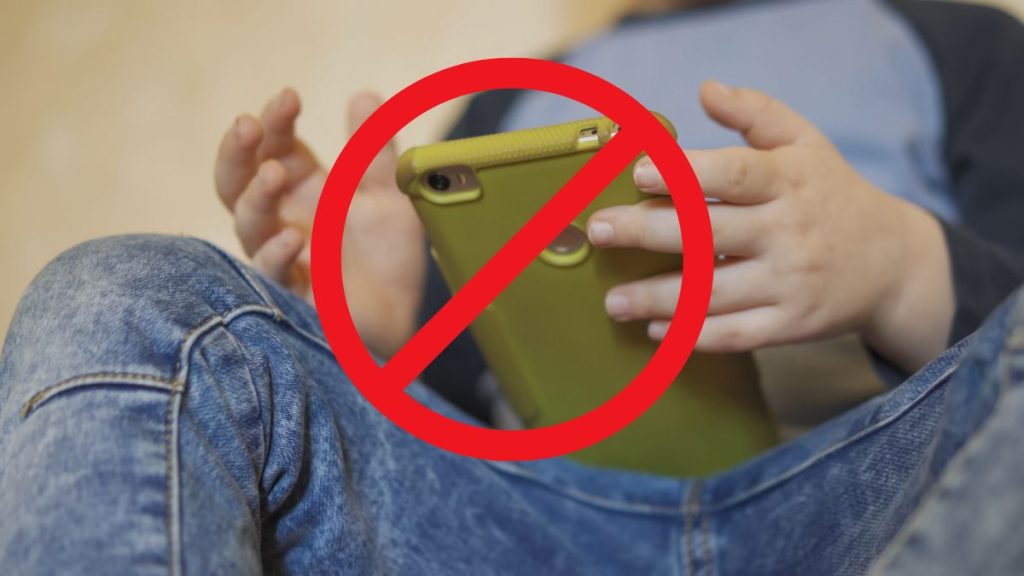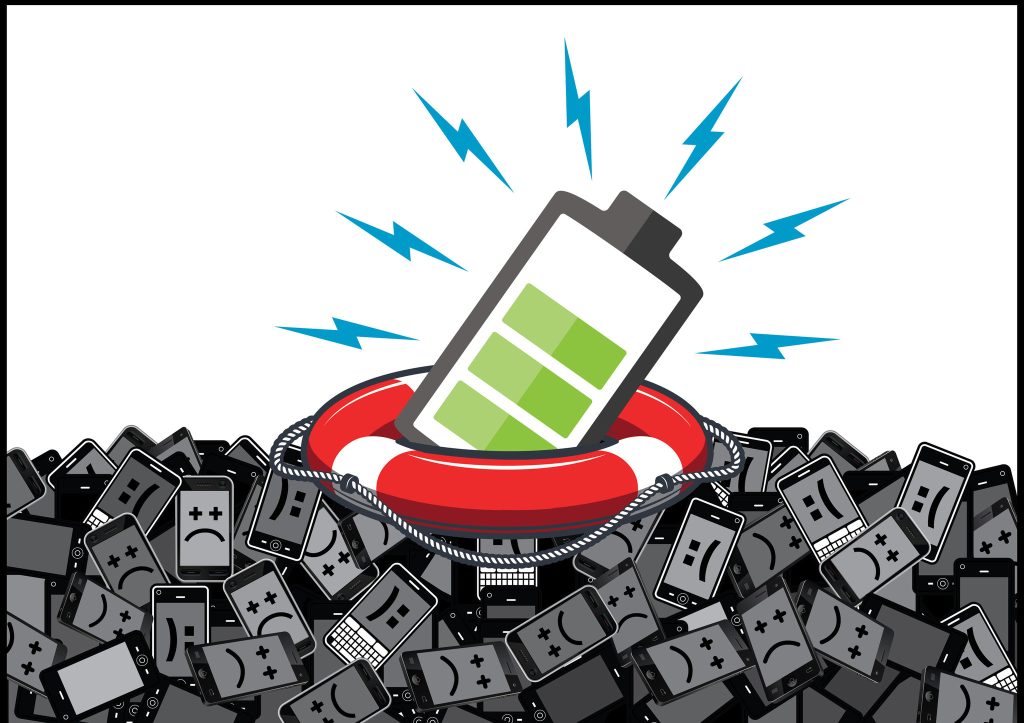Parents are well aware that the question of when to give a child their first cellphone can split opinions within a family. A new international study adds fuel to the debate, warning of the risks of introducing one too early. The takeaway: waiting until 13 or even 14 years old could help protect a child’s mental well-being.
Heavier consequences than expected
The survey, which tracked more than 100,000 young adults worldwide, paints a troubling picture. Researchers examined the link between the age of receiving a first smartphone and the emergence of issues such as aggressiveness, isolation, and hallucinations.
The findings are strikingly stark. Children who had a phone before the age of 13 show more worrying symptoms as adults. Even more alarming: among young women who got their first phone at just 5 or 6 years old, nearly one in two reported having experienced suicidal thoughts.
“The earlier they get it, the deeper the impact.”
Tara Thiagarajan, the neuroscientist who led this research, doesn’t mince her words. For her, it’s simple: the earlier a child is exposed to smartphones and social media, the more deeply it shapes their worldview. At an age when the brain is still developing, this heavy exposure disrupts emotional growth.
Her recommendation? Hold off until at least 14 if possible, and above all, lay the groundwork. “When they do get one, parents need to take the time to explain how it works and the traps to watch out for.”
The reality on the ground
But in reality, it’s a different story. In Canada, children get their first smartphone at an average age of 11 and a half. Seven out of ten kids are already browsing the internet daily, spending up to four hours a day online during holidays.
This gap puts families in a tough spot: either resist social pressure or give in to the “everyone has one” mindset. While the study offers strong reasons to encourage patience, it doesn’t solve the daily challenges parents face.







